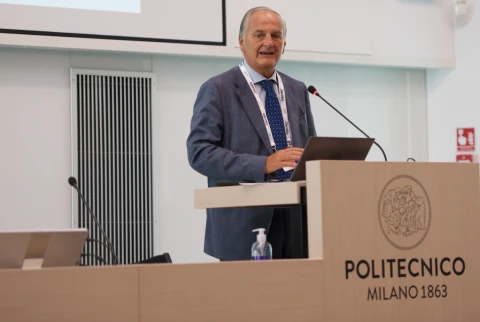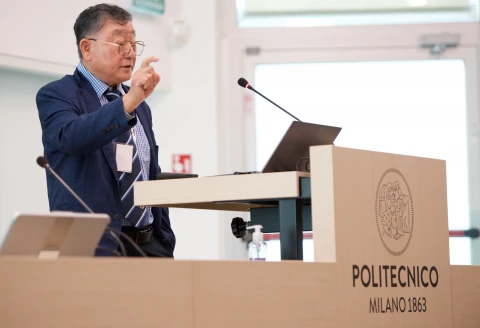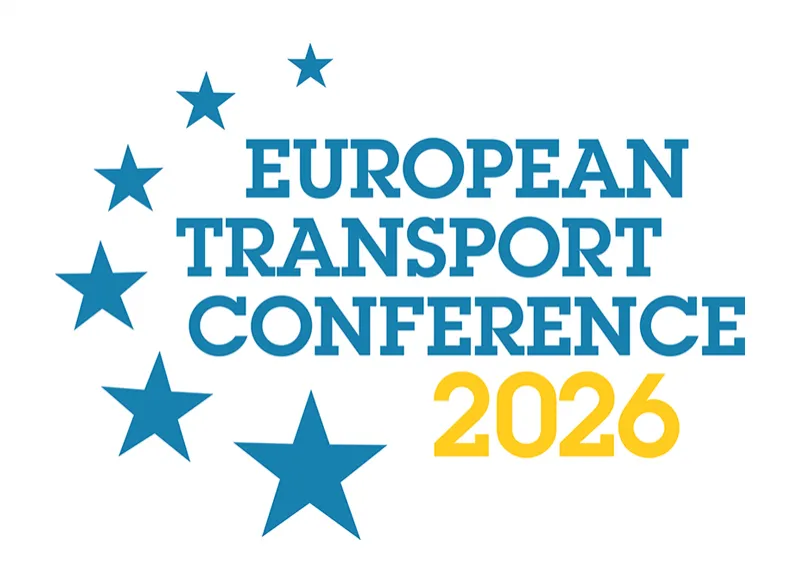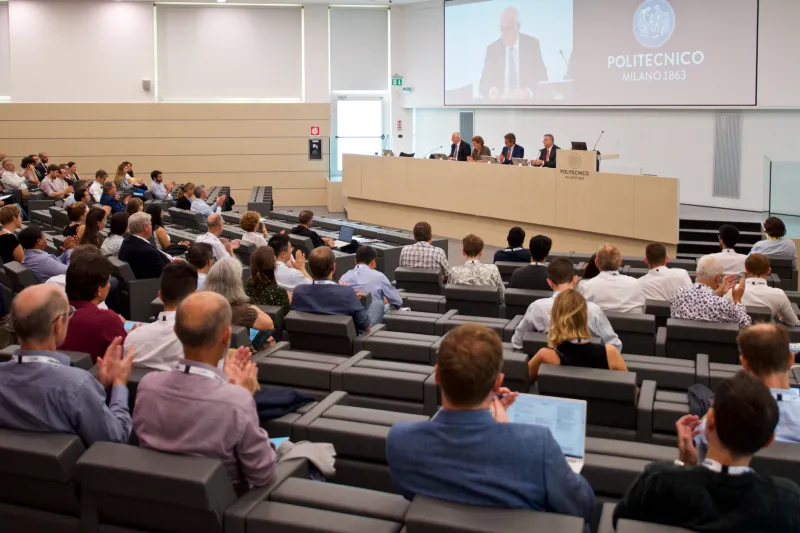An Opportunity to Strengthen International Relations
The 50th edition of the European Transport Conference was also the occasion to strengthen relations between AET and other organisations.
A plenary session was organised with invited keynote speeches by Prof. Ennio Cascetta, President of the Italian Cluster on Transport Innovation (Cluster Trasporti) and by Prof. Tae H. Oum, President of the World Conference on Transportation Research Society (WCTRS).
 In this session, both speakers proposed a reflection on the future needs of research and practice in the transport sector. Prof. Cascetta remarked that:
In this session, both speakers proposed a reflection on the future needs of research and practice in the transport sector. Prof. Cascetta remarked that:
“After 60 years of ‘linear development’ of transport systems forecasting, future travel demand, both for passengers and freight, is a very difficult, if not impossible task. This requires new techniques for the assessment and comparison of transport infrastructures and systems.”
In what he called the seventh transport revolution:
“The supply side is also undergoing disruptive innovations due to the combined effects of decarbonization, autonomous driving of virtually all vehicles and new smart mobility services, including smart pricing.”
About the new societal values and expectations emerging around the transport sector, Prof. Cascetta called for a more collaborative relation between all stakeholders.
“These values and expectations affect transport professionals’ practice and range from a greater attention to the environmental impacts of infrastructure and mobility plans to the need to ‘explain and justify’ technical choices in order to allow stakeholders participation”, he added.
Finally, the President of Cluster Transporti warned about the significant resilience problems that the transport sector will face in the near future, as:
“Climate changes require new design standards and ‘regenerative maintenance’ of most infrastructures built over 50 years ago, which is a very new and challenging field.”
 In his speech, Prof. Oum noted that:
In his speech, Prof. Oum noted that:
“There is a need for formalizing multi-criteria infrastructure decision making framework. Due to an increasingly less reliance on the Benefit-Cost Analysis Framework (economic efficiency focus), equal weight ‘external’ economic costs and benefits is no more sufficient; the decision-making bodies have already abandoned it”.
The President of WCTRS encouraged a co-operation among ETC Programme Committees (PCs)and the WCTR Special Interest Groups (SIGs) to support and get involved in initiatives aimed at the development of new infrastructure decision making frameworks.
Inset Photos: Ennio Cascetta (top) and Prof. Tae H. Oum (above) keynote speakers at AET Milan 2022











